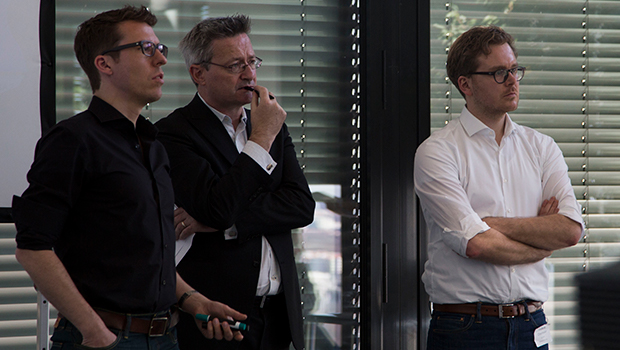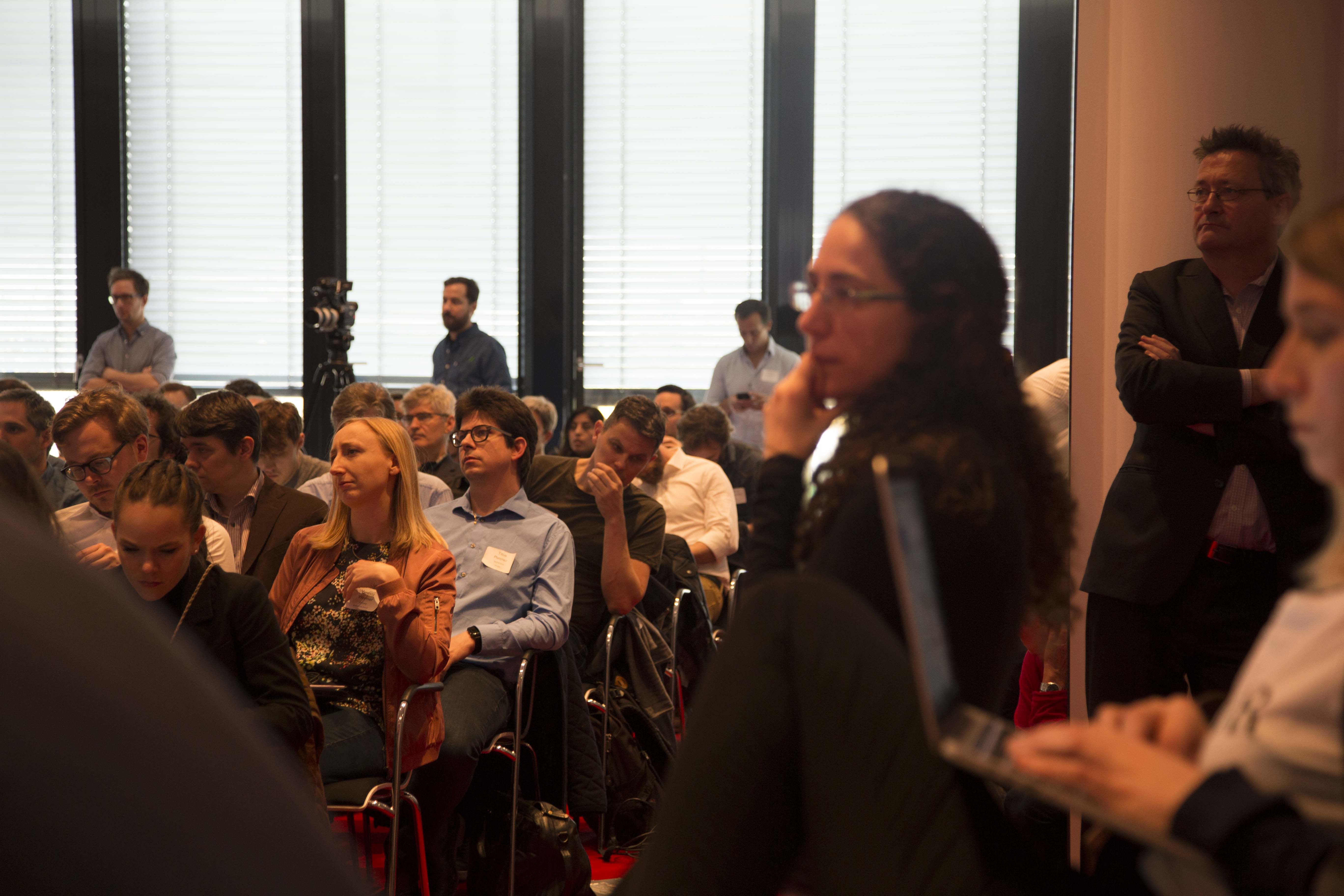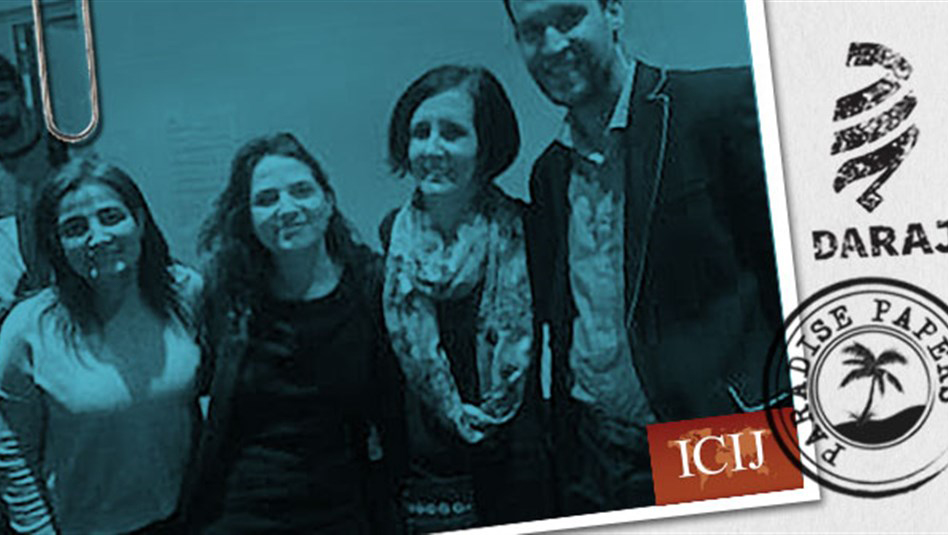For weeks, emails, bank records and other data from a notorious Panamanian law firm had flooded the computers of two investigative reporters at the Munich newspaper Süddeutsche Zeitung – and now they were in danger of drowning in it. The journalists, Bastian Obermayer and Frederik Obermaier, reached out to the International Consortium of Investigative Journalists (ICIJ), and the most ambitious global journalism investigation in history was underway.
In April, 2016, ICIJ and more than 100 other news organizations published the first Panama Papers stories, a Pulitzer Prize-winning project that revealed startling details about the scope of international tax avoidance and how some of the world’s richest people shield their money from outside scrutiny.
It was just one in a series of ICIJ projects that have transformed global investigative journalism. Each was made possible because journalists took a giant leap of faith: they shared information with other news organizations, turning what might have a been a national-level “scoop” into a global phenomenon.
In the past year, ICIJ has launched another major project, the Paradise Papers, and undergone a substantial transformation. We’ve become a stand-alone nonprofit news organization with an expanding staff of investigative journalists. As we’ve grown, so has our network of media partners and journalist members.
This is where you come in. We are looking for more journalists willing to take that leap of faith, and join us in our mission to tell the most important stories in the world.
If you have embarked on an investigation with cross-border potential and a clear public service imperative — or have a strong idea for a project that meets these tests – we want to hear from you. Send a proposal for a project that you would pursue as part of a team of ICIJ journalists to bhallman@icij.org (PGP Key) or via any one of these methods.
The deadline for submissions is Friday, June 1. Proposals can come from reporters or editors who work in newsrooms, or from freelancers, who would be brought onto the ICIJ team for the duration of the project.
There is no one recipe for a successful ICIJ investigation, but each of our projects have centered on abusive and unjust behavior that impacts lives across political borders. We’ve reported on how the World Bank is not meeting its own standards for protecting vulnerable communities; how an unregulated mining boom is leading to death, injury and community conflict in Africa; and the booming business of recycling dead humans.
The best pitches will clearly define the scope of an investigation and describe how journalists in newsrooms across the globe might work together to accomplish something that they could never have done on their own.
It was just such a project that launched the modern era of ICIJ.
In 2011, our director Gerard Ryle arrived at ICIJ with a computer hard drive packed with corporate data, personal information and emails. He had obtained the data trove as a result of his three-year investigation of Australia’s Firepower scandal, a case involving offshore havens and corporate fraud.
In April, 2013, ICIJ published its first big project on global financial secrecy. What became known as the Offshore Leaks was, at the time, the biggest leak in history and the biggest cross-border investigation in history, involving 86 journalists from 46 countries.
In 2014, ICIJ published Luxembourg Leaks, another collaborative investigation that exposed for the first time on a global scale how Luxembourg works as a tax haven in the middle of Europe. It involved 80 reporters in 26 countries who analyzed nearly 28,000 pages of leaked confidential documents that lay out the special tax deals granted by the government of Luxembourg to some of the world’s largest corporations. The documents had been originally obtained by the French journalist, Edouard Perrin.
The next year, ICIJ worked with 140 reporters from 45 countries on Swiss Leaks, a set of documents obtained and shared with ICIJ by the French journalists Fabrice Lhomme and Gérard Davet. These showed how the Swiss branch of one of the world’s biggest banks, HSBC, profited from doing business with tax dodgers and criminals around the world.
And the impact continues. Just this month, Mossack Fonseca, the law firm at the center of the Panama Papers, announced it was closing its doors.
We strongly believe that stories of cross-border crime, corruption and the accountability of power pursued by teams of reporters working together offer journalists the best chance not just to describe the world – but to change it.
Send a proposal for a project that you would pursue as part of a team of ICIJ journalists to bhallman@icij.org (PGP Key) or via any one of these methods.


